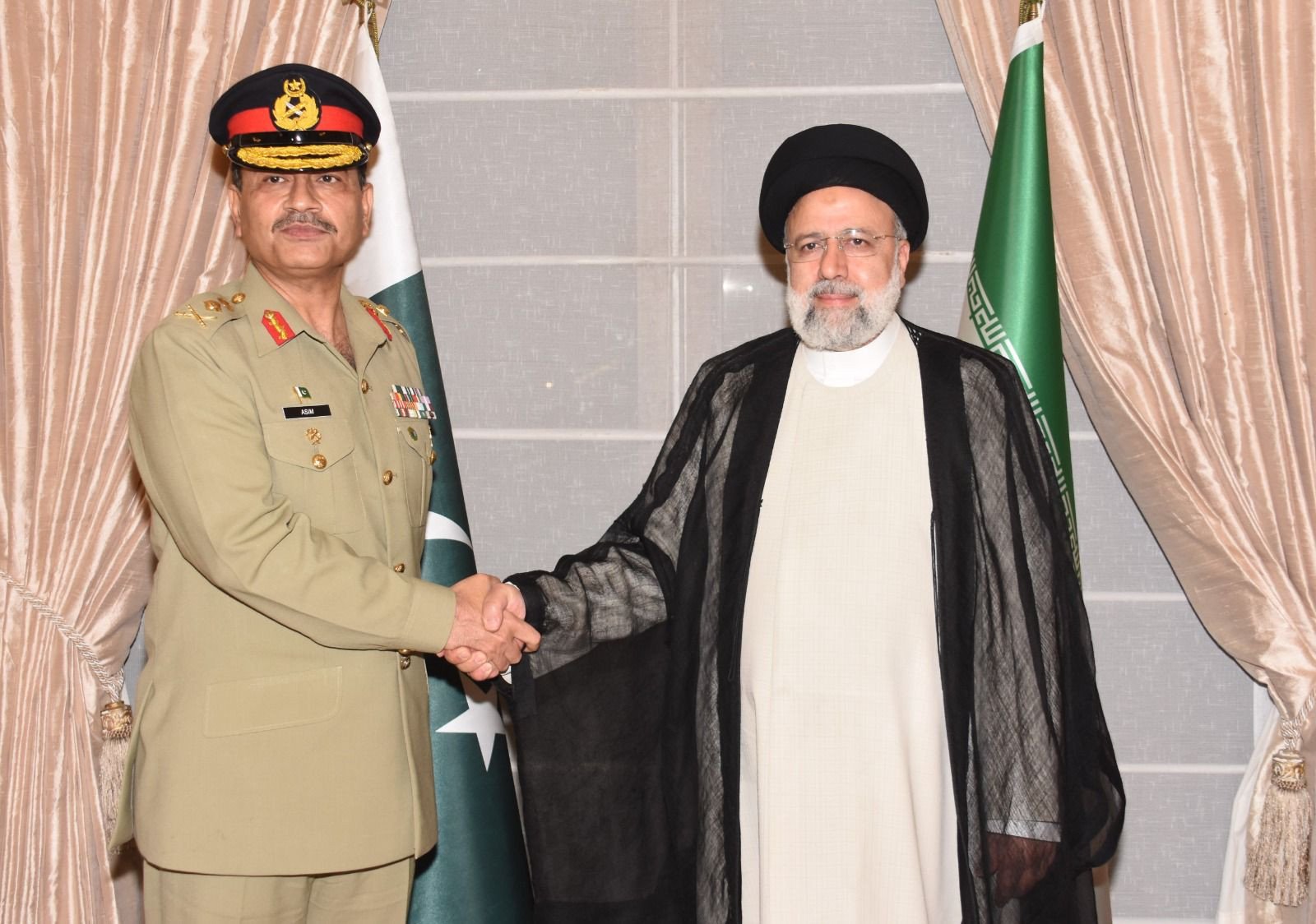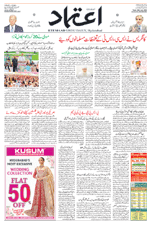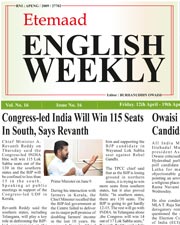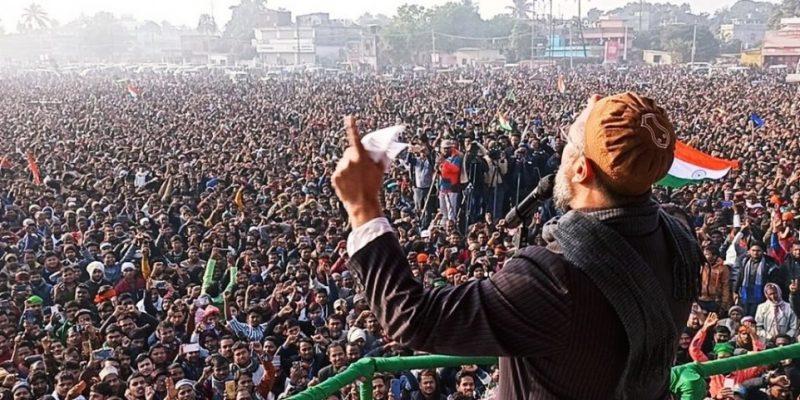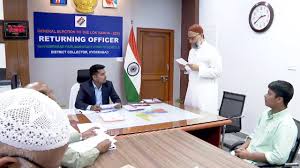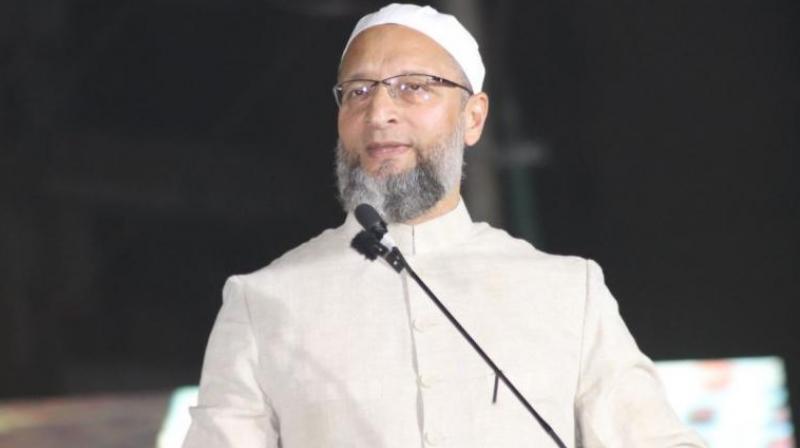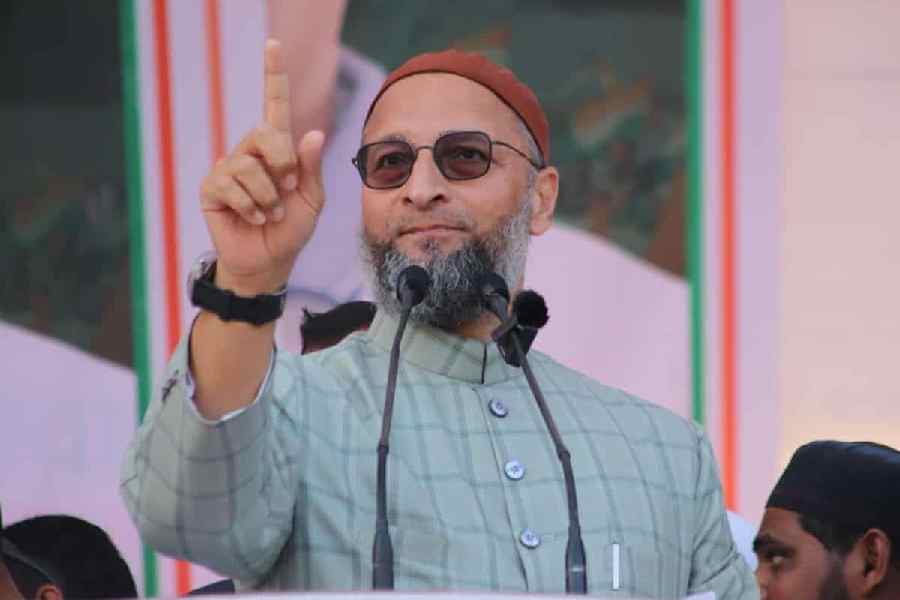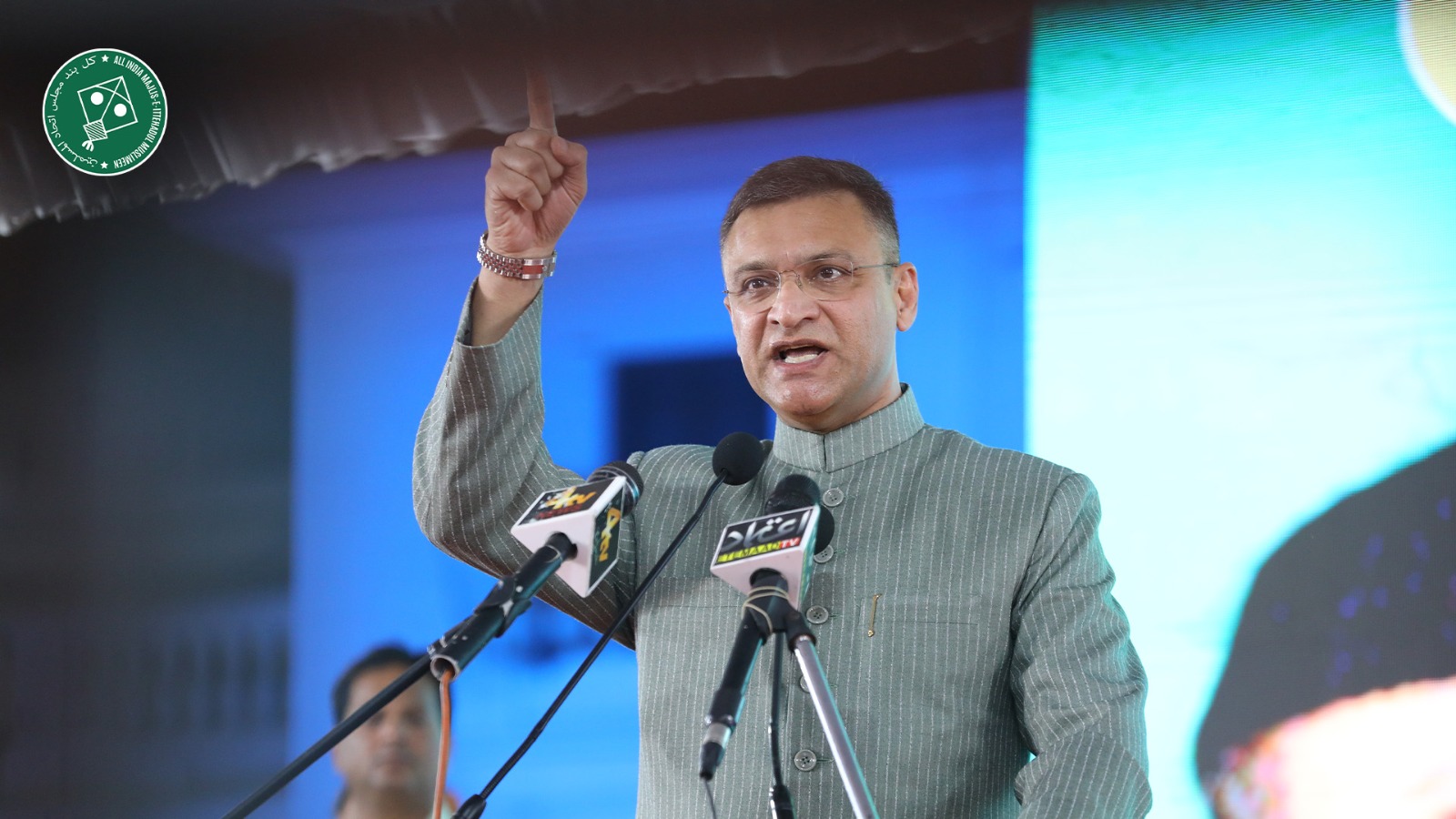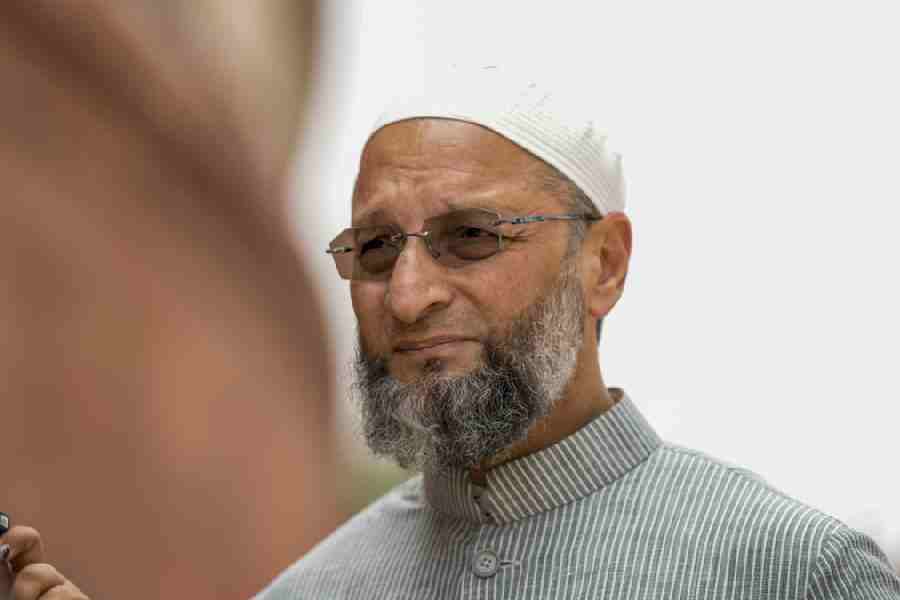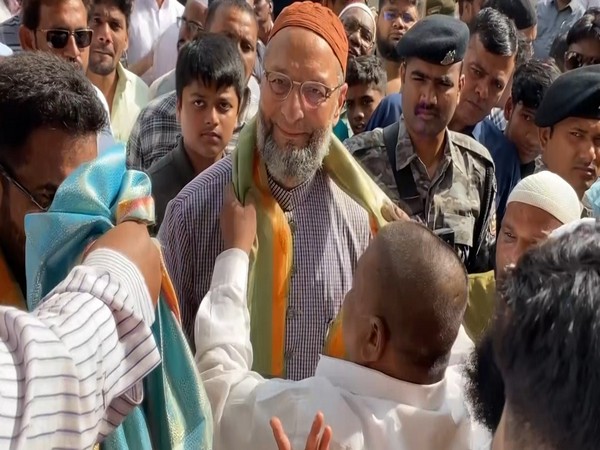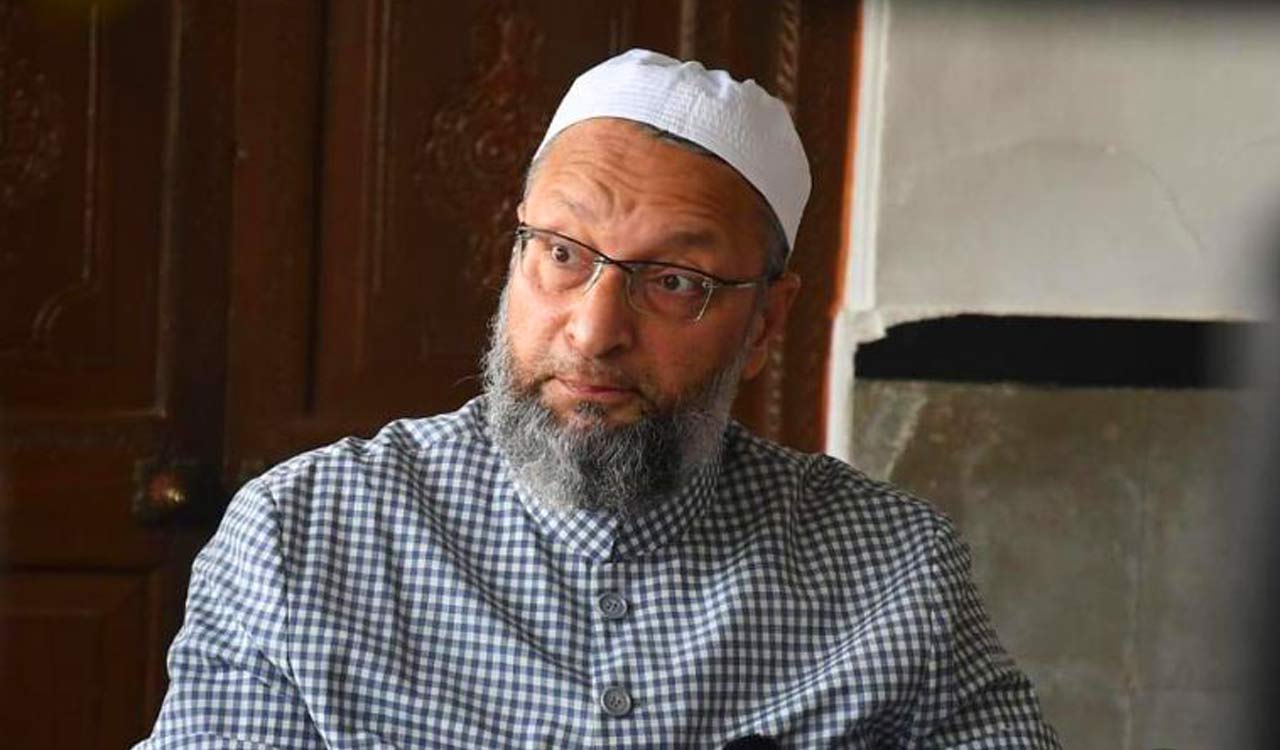Gujarat elections: Counting of votes tomorrow in prestige battle for Narendra Modi, Rahul Gandhi
Sun 17 Dec 2017, 19:34:45
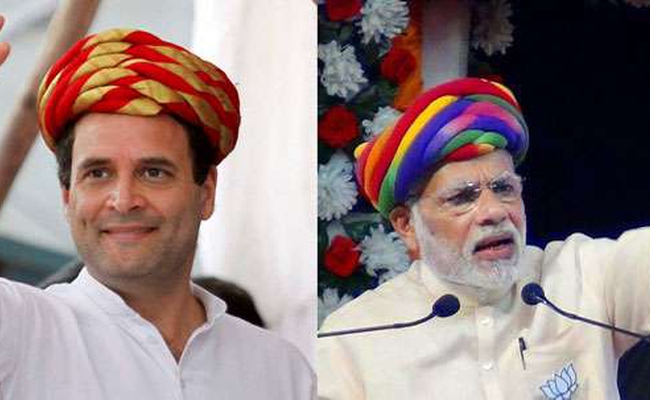
Counting of votes will be held on Monday for the Gujarat assembly elections, considered a prestige battle for Prime Minister Narendra Modi in his home state and a litmus test for new Congress president Rahul Gandhi.
While the Bharatiya Janata Party (BJP) is seeking a sixth straight term in office, the Congress is aiming to stage a comeback in power after being in the opposition for over two decades.
The Gujarat election results are expected to have a bearing on the 2019 parliamentary polls also as Modi had come to power in 2014, based on the Gujarat 'model of development'.
The much-awaited results of the keenly fought elections will be announced on Monday when the counting of votes will be held at 37 centres across the state's 33 districts, amid tight security.
The voting was held following an acrimonious campaign, where both the main political parties indulged in no-holds- barred attacks on each others.
Modi led the campaign for the BJP, while Rahul Gandhi was the pivot of the Congress' electioneering.
During the campaign, Modi and BJP chief Amit Shah trained guns on the Congress on issues like Ram Temple, alleged Pakistani interference in the Gujarat polls and (suspended Congress leader) Mani Shankar Aiyar's remarks.
Gandhi persistently attacked Modi and the BJP for "not talking about the future of Gujarat" and skipping key issues being faced by the people of the state.
The Congress also stitched about a broad social coalition with prominent Patidar, OBC, and Dalit leaders - Hardik Patel, Alpesh Thakor and Jigesh Mevani - in its bid to unseat the BJP in power
for over two decades.
for over two decades.
Patel led a long agitation of his community for reservation, while Thakor led a counter-protest against inclusion of Patidars in the OBC reservation list. Mevani raised his voice against Dalit atrocities.
The influential Patidar community, which accounts for around 12% of the state's population, could prove to be the 'X factor' in the polls in which Patel pledged support to the Congress and appealed to people to "uproot the BJP" this time.
As the campaign was nearing its end, "Vikas" (development) took a back seat, and caste and religious issues received prominence.
The two main rival parties also tried to counter each other on social media, as the Congress and its supporters launched the campaign "Vikas Gando Thayo Che" (development has gone crazy), while the BJP launched a counter drive of "I am development, I am Gujarat".
An average 68.41% polling was recorded in the two-phase assembly elections in Gujarat.
According to the final figures released by the Election Commission, the voter turnout in the second phase of balloting on December 14, for 93 seats of North and Central Gujarat, stood at 69.99%.
In the first phase of polls held on December 9 for 89 seats in Saurasthra, Kutch and South Gujarat, 66.75% voting was recorded.
The total voter turnout this time has seen a dip of 2.91%, as compared to the 2012 polls when 71.32% polling was registered.
In terms of numbers, of the total 4.35 crore registered voters, 2.97 crore exercised their right to franchise in the elections held on December 9 and 14.
No Comments For This Post, Be first to write a Comment.
Most viewed from National
Most viewed from World
AIMIM News
Asaduddin Owaisi files nomination papers on Friday
Apr 20, 2024
Owaisi Begins Election Campaign in Hyderabad
Apr 13, 2024
Bring back Indian workers in Israel: Owaisi
Apr 13, 2024
Latest Urdu News
Most Viewed
May 26, 2020
Do you think Ruturaj Gaikwad would be a good captain for Chennai Super Kings?
Latest Videos View All
Like Us
Home
About Us
Advertise With Us
All Polls
Epaper Archives
Privacy Policy
Contact Us
Download Etemaad App
© 2024 Etemaad Daily News, All Rights Reserved.

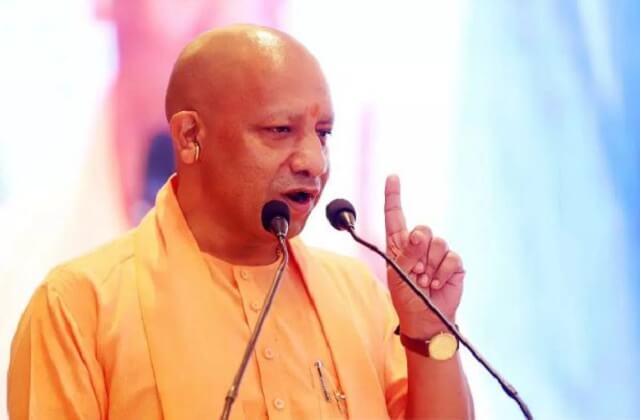
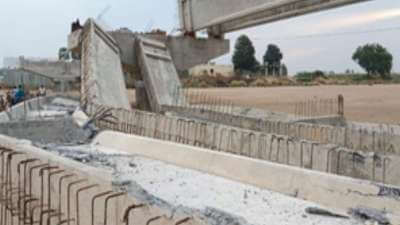
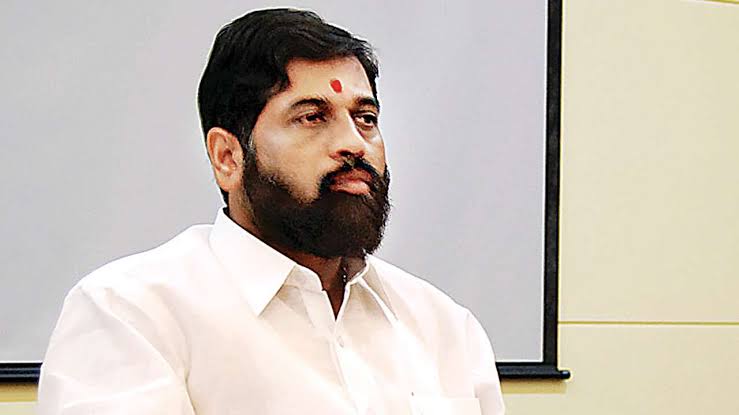
.jpg)
.jpg)
.jpg)
.jpg)
.jpg)
.jpg)
.jpg)
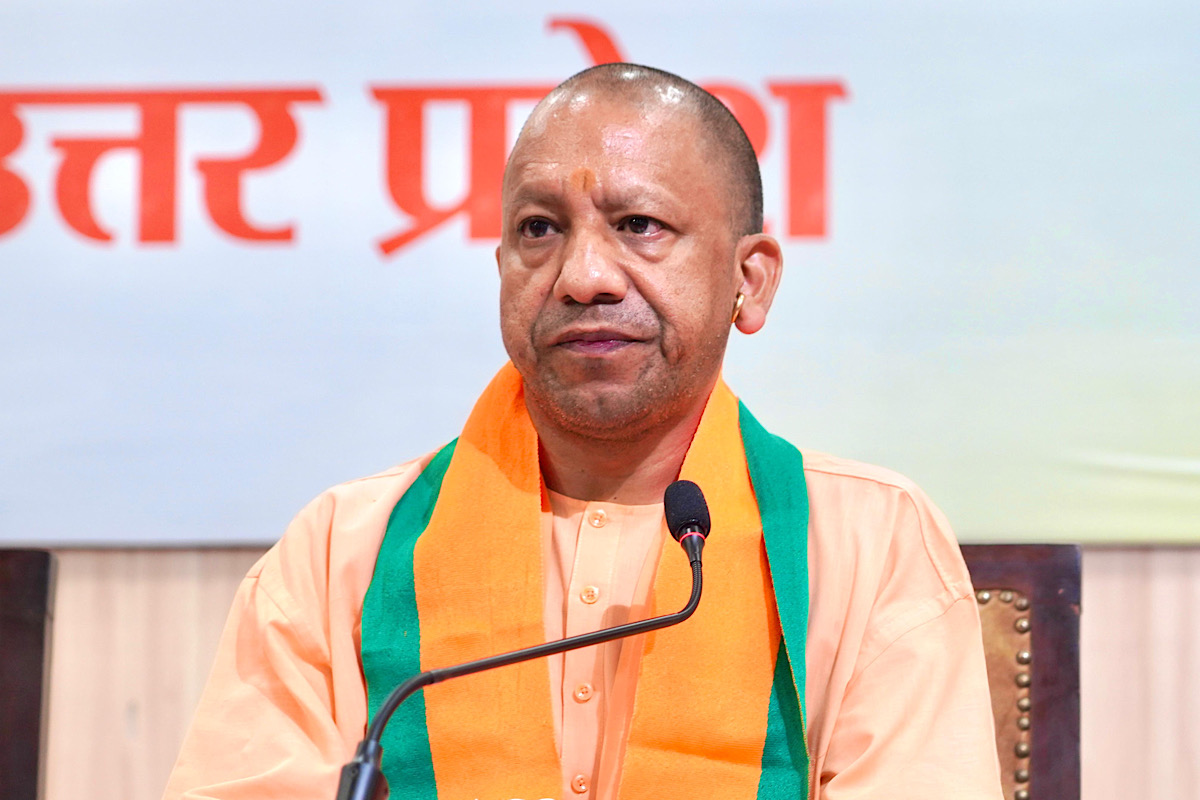
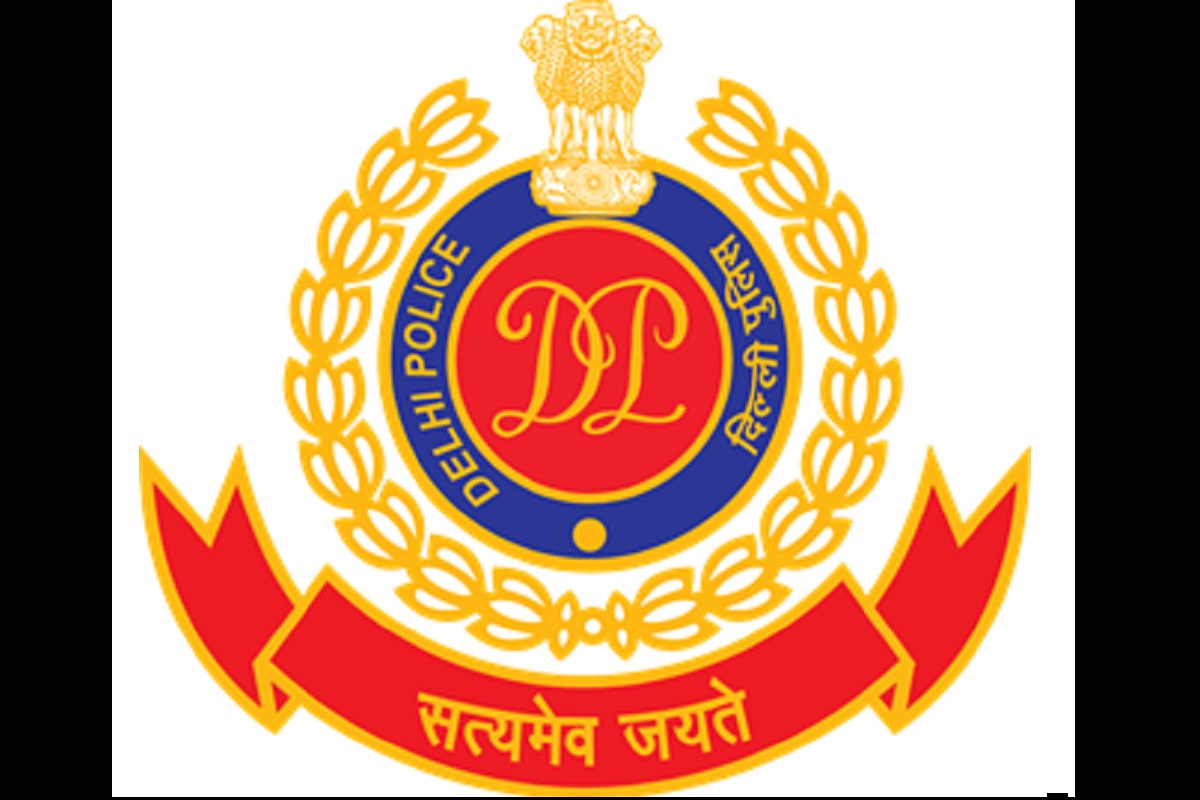
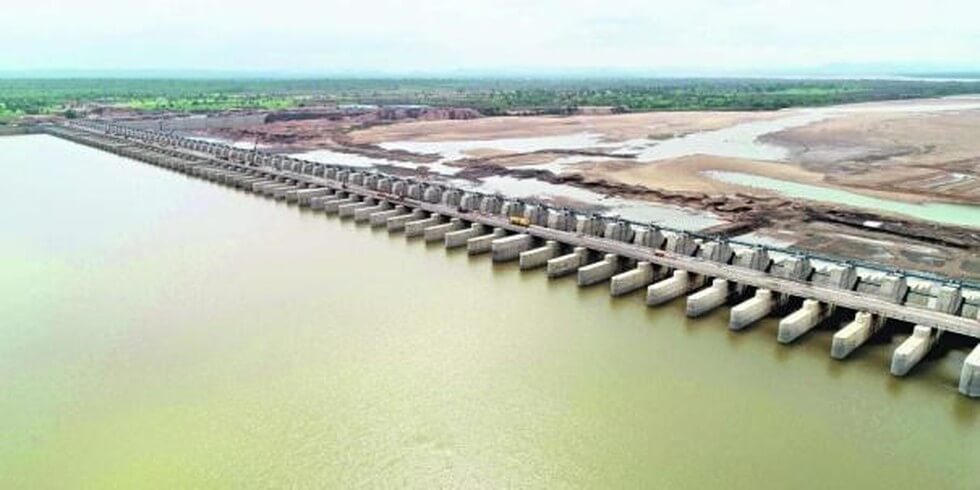
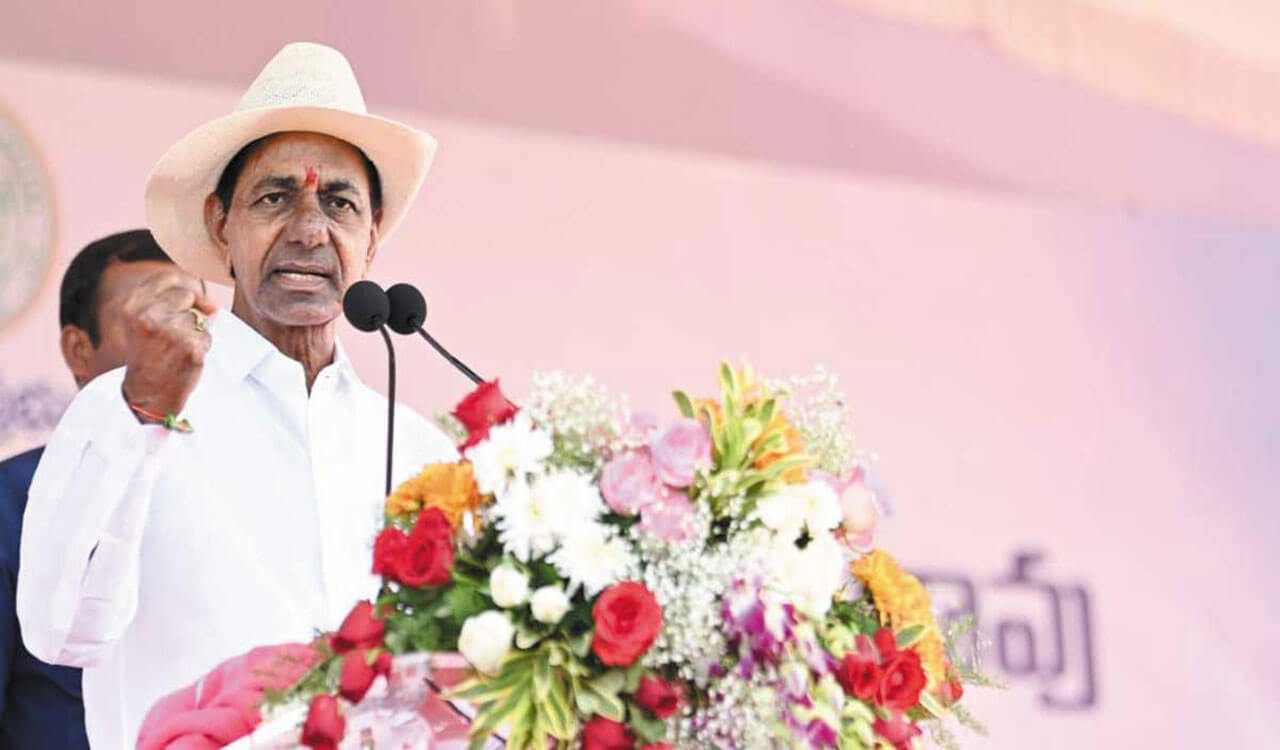
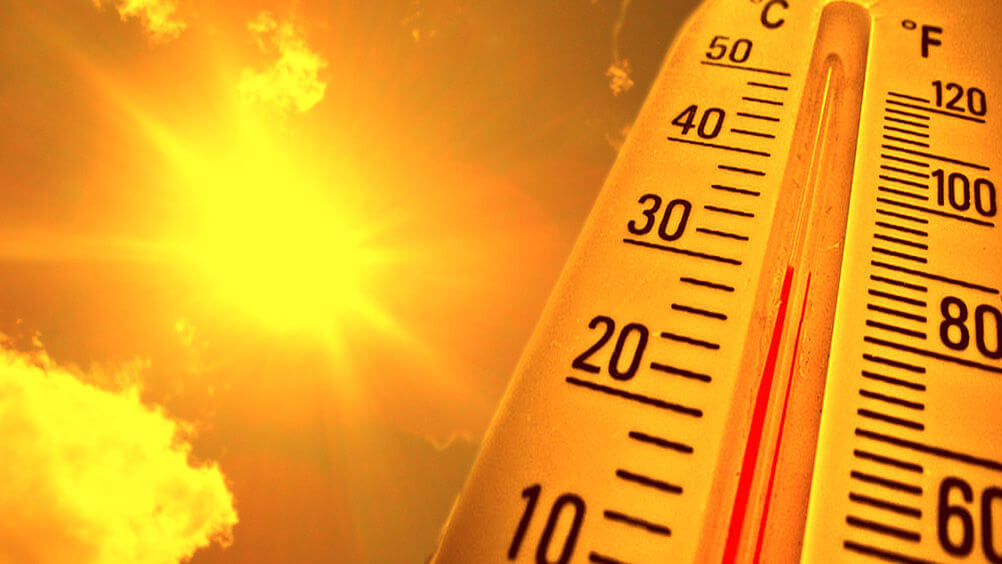
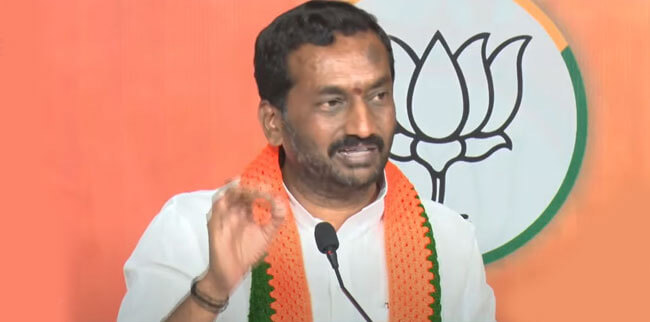
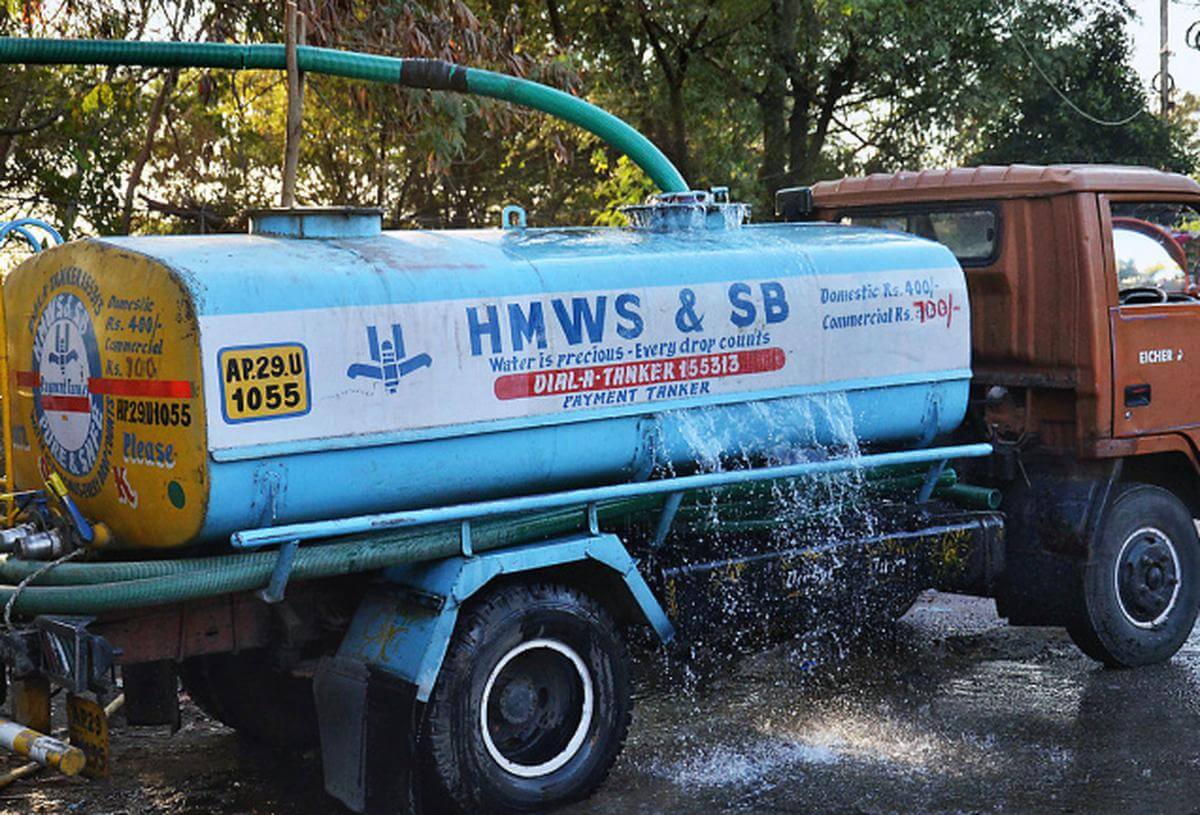
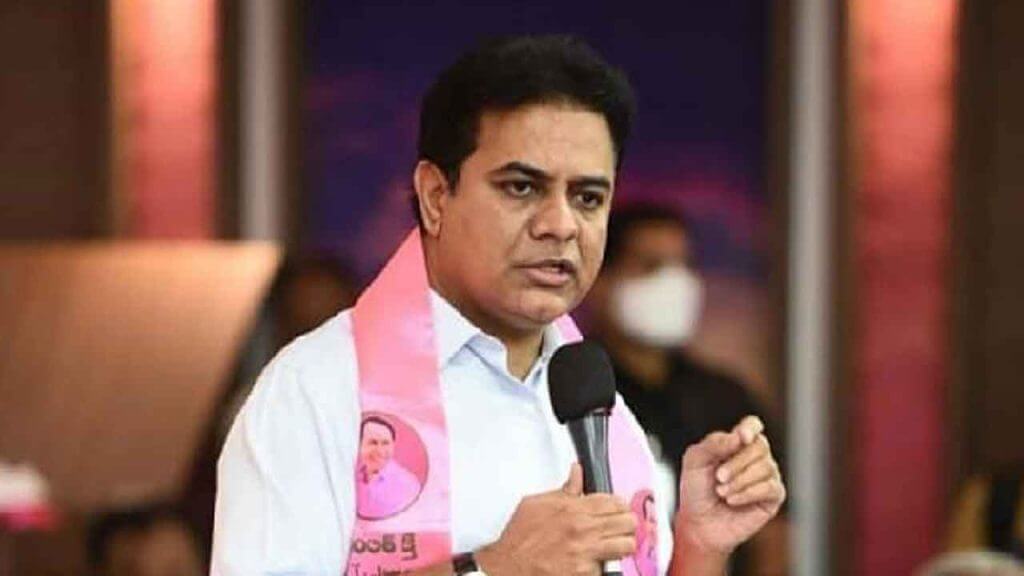
.jpg)
.jpg)
.jpg)
.jpg)
.jpg)
